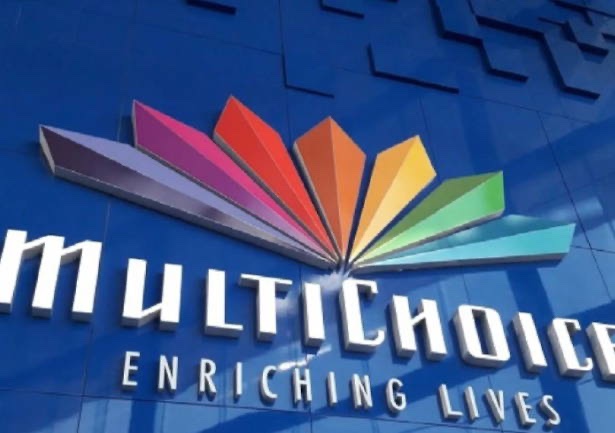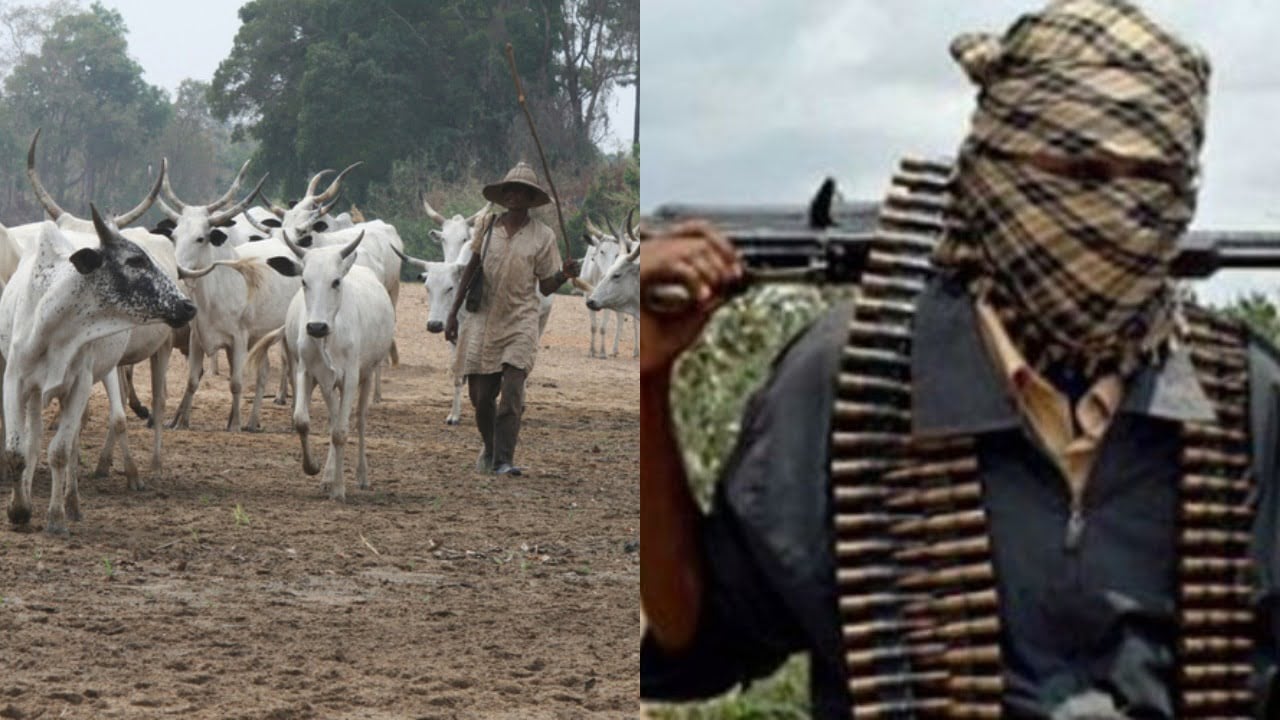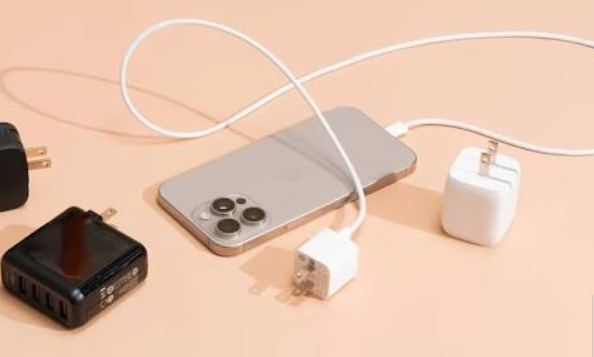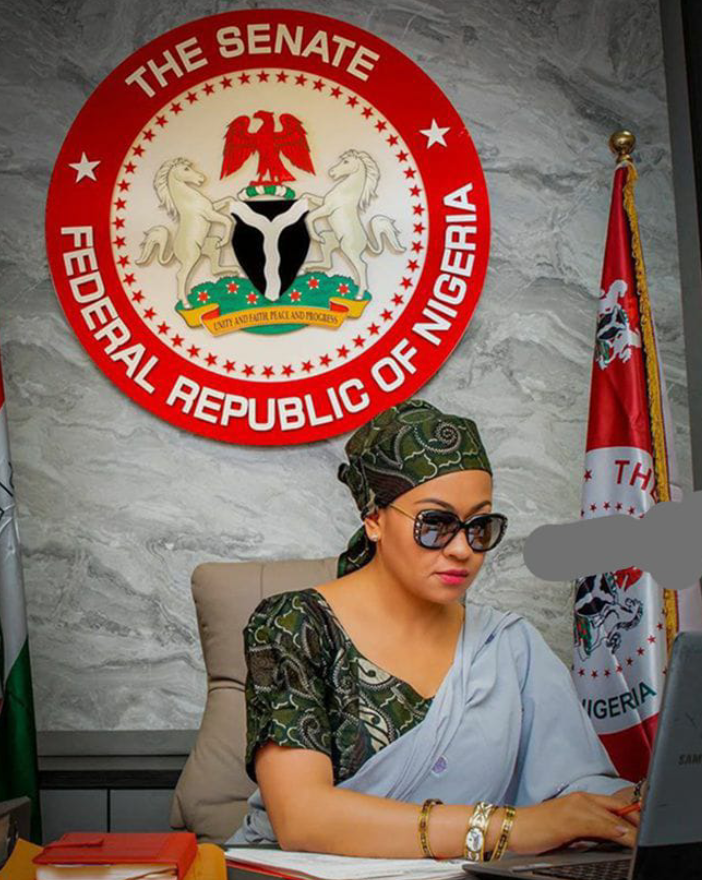
BREAKING: French Media Giant Canal+ Acquires MultiChoice in $3 Billion Deal, Gains Full Control of DStv and GOtv
In a seismic move that is already sending ripples across Africa’s media landscape, French media powerhouse Canal+ has officially acquired MultiChoice Group, the parent company of DStv and GOtv, in a landmark $3 billion deal. This acquisition gives Canal+ 100% control over the continent’s largest pay-TV operator—an empire that spans
In a seismic move that is already sending ripples across Africa’s media landscape, French media powerhouse Canal+ has officially acquired MultiChoice Group, the parent company of DStv and GOtv, in a landmark $3 billion deal. This acquisition gives Canal+ 100% control over the continent’s largest pay-TV operator—an empire that spans over 20 million subscribers across 50 African countries.
The acquisition, which has been in strategic negotiation phases for over a year, was finalized after Canal+ made a compelling offer that valued MultiChoice shares at R125 per share, significantly higher than its early February offer of R105. With South African regulators granting the final green light, the deal was signed and sealed—marking one of the most transformative takeovers in African media history.
Canal+, a subsidiary of French conglomerate Vivendi, now inherits the full assets and operational rights of MultiChoice, which includes the DStv satellite service, GOtv terrestrial TV network, SuperSport, Showmax, M-Net, and Africa Magic. This move not only consolidates Canal+’s dominance in French-speaking Africa but gives it unprecedented control over the English-speaking markets, especially South Africa, Nigeria, Kenya, and Ghana.
Analysts say the acquisition could spell both opportunity and upheaval. On the one hand, it promises improved content production, advanced streaming technology, and wider channel diversity. On the other hand, there are growing concerns about job security, content localization, and language balance in programming across diverse African regions.
MultiChoice has long held the reins of TV entertainment in Africa. Since its formation in 1995, it has pioneered satellite broadcasting on the continent, creating premium content and producing some of Africa’s most beloved shows. The company’s SuperSport brand alone is a household name, with exclusive broadcasting rights to the English Premier League, UEFA competitions, and major African sports events. That legacy is now under new ownership—and expectations are sky-high.
“This deal is a strategic milestone for Canal+. Africa is the future of media consumption and digital entertainment. We intend to leverage this partnership to bring African stories to the world and bring global content closer to African audiences,” said Maxime Saada, CEO of Canal+, in a joint press briefing held in Paris and Johannesburg.
But not everyone is celebrating. Social media in Nigeria and South Africa has erupted with divided reactions. While some welcome the possibility of improved services and reduced subscription costs, others worry that a European company might water down African content and tilt programming toward French-speaking audiences. “Let’s hope we don’t wake up one day to find Big Brother Africa now being streamed from Paris,” one Nigerian Twitter user joked.
Industry insiders believe Canal+ will focus heavily on streaming innovation to compete with Netflix, Amazon Prime, and other rising players. Showmax, MultiChoice’s streaming arm, is expected to receive a heavy investment push. Already, plans are underway for a new streaming model that bundles sports, movies, and regional programming—at a fraction of Netflix\'s subscription price.
From an economic standpoint, this acquisition is a massive vote of confidence in African markets, especially at a time when global investors are treading cautiously amid inflation, political instability, and exchange rate volatility. “Canal+ is playing the long game. This is a multibillion-dollar bet on Africa’s digital and entertainment future,” said Professor Thabo Mahlangu, a Johannesburg-based media economist.
In Nigeria, home to over 5 million GOtv and DStv subscribers, there’s cautious optimism. The National Broadcasting Commission (NBC) has yet to issue a formal statement, but insiders say the commission has demanded strict adherence to local content regulations and anti-monopoly conditions.
Meanwhile, MultiChoice employees across Africa are in a tense wait-and-see mode. While Canal+ has promised to “retain local talent and empower African creativity,” workers’ unions in South Africa and Nigeria have requested transparent workforce transition plans. The next few months could determine whether this deal will be remembered as a revolutionary partnership—or the beginning of a slow corporate assimilation.
With this acquisition, Canal+ has pulled off a masterstroke, gaining direct access to Africa’s booming middle class, youthful population, and fast-growing demand for homegrown entertainment. What it does with that access will shape the future of television and content consumption for a generation.
For now, the African audience watches—remote in hand, curiosity on edge.
— Busterblog.com
Share this post
Related Posts

Blood and Silence: Grief as Armed Herders Strike Benue Community, Leaving Seven Dead and More Missing
Tragedy struck in the early hours of Wednesday as the quiet Agbo Vengav community of...

Viral TikTok-Level Hack? Nigerian Student Sparks Online Frenzy Over “Phone-Charging Cord Tip Trick”
In what can only be described as one of the most bizarre and hilarious tech...

Nigerian Men Fire Back at PDP’s Natasha Akpoti Presidential Post – Social Media Erupts
The political landscape in Nigeria has been thrown into an unexpected whirlwind after the Peoples...